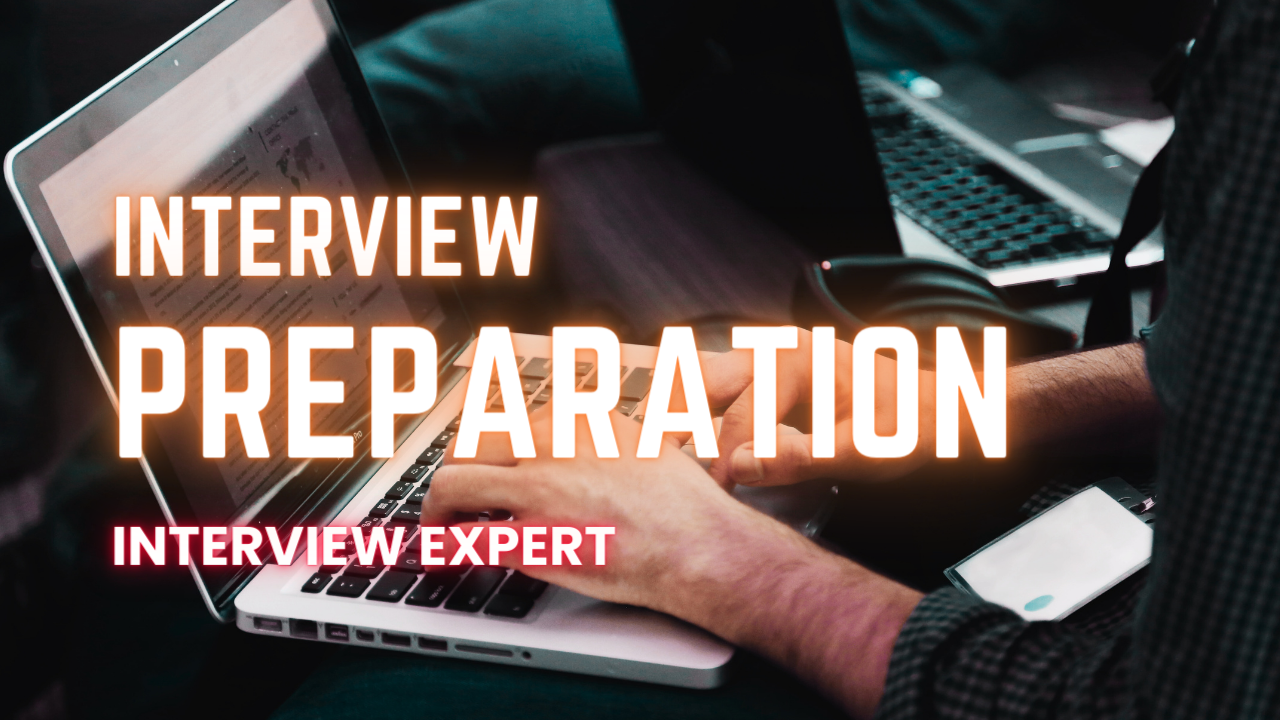
Interviews are pivotal in hiring, where candidates can showcase their skills, experiences, and suitability for a particular role. Behavioral-based questions have gained significant prominence in recent years among the various types of interview questions. Unlike traditional questions focusing on hypothetical scenarios or technical knowledge, behavioral-based interview questions delve into past experiences to predict future behavior and performance. In this blog, we will explore the concept of behavioral-based interview questions, their significance, typical formats, and strategies for effectively responding to them.
Behavioral-based interview questions are designed to assess how candidates have behaved in specific situations. The underlying assumption is that past behavior strongly predicts future performance. By probing into candidates’ past experiences, interviewers aim to gain insights into their abilities, problem-solving skills, communication style, decision-making processes, and overall suitability for the role.
These questions are valued for their ability to provide concrete examples of a candidate’s competencies and achievements. They allow interviewers to assess candidates’ soft skills, such as leadership, teamwork, adaptability, and conflict resolution, often as crucial as technical skills for success in many roles.
In hiring and recruitment, behavioral-based interview questions have emerged as a powerful tool for assessing candidates’ suitability for roles across various industries and organizations. These questions are designed to delve beyond the surface of a candidate’s resume and technical skills, providing insights into their past behaviors, experiences, and decision-making processes. The significance of behavioral-based interview questions lies in their ability to predict future performance, evaluate soft skills, and facilitate more informed hiring decisions.
One of the key reasons behind the significance of behavioral-based interview questions is their focus on past behavior as an indicator of future actions. Traditional interview questions often revolve around hypothetical scenarios or theoretical knowledge, which may not accurately reflect how a candidate would perform in real-world situations. In contrast, behavioral-based questions require candidates to recount specific instances from their past experiences, providing tangible evidence of their competencies and capabilities. By examining how candidates have handled challenges, interacted with others, and achieved results in the past, interviewers can make more accurate predictions about their potential performance in the role.
Moreover, behavioral-based interview questions are instrumental in assessing candidates’ soft skills, which are increasingly recognized as essential for success in today’s dynamic and collaborative work environments. While technical skills and qualifications are undoubtedly necessary, soft skills such as communication, teamwork, adaptability, problem-solving, and leadership are equally crucial. These skills often determine an individual’s ability to navigate complex situations, collaborate effectively with colleagues, and contribute positively to team dynamics. Behavioral-based questions provide a platform for candidates to showcase their soft skills through concrete examples, allowing interviewers to gauge their interpersonal abilities and cultural fit within the organization.
Another significant aspect of behavioral-based interview questions is their role in facilitating more informed hiring decisions. By uncovering candidates’ past behaviors and experiences, interviewers can gain a deeper understanding of their strengths, weaknesses, and potential areas for development. This insight enables organizations to assess whether a candidate aligns with the company’s values, culture, and goals, thereby reducing the risk of hiring mismatches and turnover. Additionally, behavioral-based questions help interviewers identify candidates who possess the specific qualities and attributes required to excel in the role, leading to more successful and productive hires in the long run.
Furthermore, behavioral-based interview questions promote fairness and objectivity in hiring by focusing on concrete evidence rather than subjective impressions. Instead of relying solely on gut feelings or first impressions, interviewers evaluate candidates based on their demonstrated behaviors and actions in past situations. This approach minimizes bias and discrimination, ensuring all candidates are assessed on the same criteria and given equal opportunities to showcase their capabilities. Behavioral-based questions contribute to a more transparent and meritocratic hiring process by emphasizing objective criteria and standardized evaluation methods.
Behavioral-based interview questions typically follow the STAR framework:
For example, a behavioral-based interview question might be: “Can you describe a time when you had to resolve a conflict within your team? What was the situation, what actions did you take, and what was the outcome?”
In the competitive landscape of job interviews, preparation is critical to success, especially when it comes to behavioral-based interview questions. These questions, which delve into past experiences to gauge future behavior, require careful consideration and reflection on one’s professional journey. To excel in a behavioral-based interview, candidates must adopt a strategic approach to preparation, focusing on self-reflection, identifying relevant experiences, and practicing effective storytelling techniques.
Preparing for behavioral-based interview questions requires deliberate effort, self-reflection, and strategic planning. Candidates can enhance their readiness and performance in behavioral-based interviews by engaging in self-reflection, identifying relevant experiences, structuring responses using the STAR method, practicing compelling storytelling, conducting mock interviews, and researching the company and role. With thorough preparation and confidence in their abilities, candidates can effectively showcase their skills, experiences, and potential to prospective employers, increasing their chances of securing the desired role.
The significance of behavioral-based interview questions cannot be overstated in the context of modern recruitment practices. By leveraging candidates’ past behaviors and experiences, these questions provide valuable insights into their potential performance, soft skills, and cultural fit within the organization. They enable interviewers to make more informed hiring decisions, promote fairness and objectivity, and ultimately contribute to building high-performing teams. As organizations prioritize soft skills and cultural alignment, behavioral-based interview questions will remain a cornerstone of effective talent assessment strategies.
In conclusion, behavioral-based interview questions offer valuable insights into candidates’ past experiences, behaviors, and capabilities. By preparing examples, structuring responses using the STAR framework, focusing on positive outcomes, being honest and authentic, and practicing active listening, candidates can effectively navigate behavioral-based interviews and showcase their suitability for the role. These questions assess technical competencies and provide a comprehensive understanding of candidates’ soft skills and their potential for success within the organization.

5 days ago, admin

7 days ago, admin

2 weeks ago, admin

2 weeks ago, admin

3 weeks ago, admin